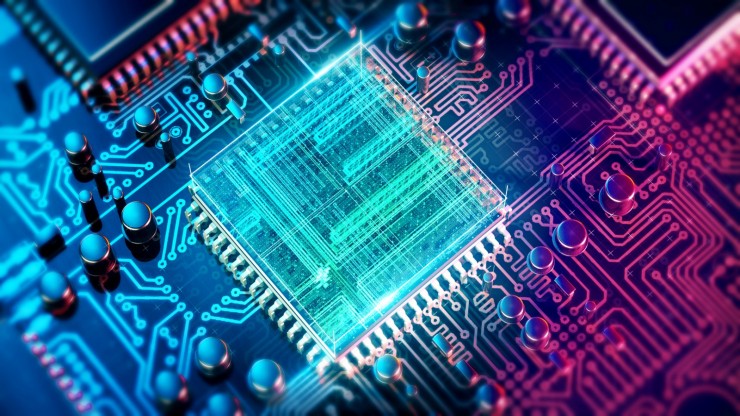
In the age of Industry Revolution 4.0, it has become our habit to expect the unexpected. All the technology behemoths have started gearing up for what can be termed as the Father of Modern Computing in terms of capacity and prowess of handling the data supernova – the Quantum Computing. With the advent of modern technology, in the recent years, data has grown in an exponential speed. To handle this explosion of data, we need some futuristic computing as the existing computing capacity falls inadequate in front of them. As our interest for intense processors rises, our requirement for an answer outside existing computing mounts. Quantum Computing could help unravel a portion of the more mind-boggling issues which are tormenting us. With quantum PCs, we could outline atmosphere frameworks, settle unimaginably complex encryption puzzle or a maze of data, and create new forms and patterns.
What is Quantum Computing?
When we talk about quantum computing, a sort of "otherworldliness" hangs over the subject of discussion. For the time being, quantum computing isn't too outstanding. Be that as it may, computing is achieving arrangements that were outlandish as of not long ago because of quantum properties. Quantum processing is a change in perspective and an adjustment in design in the development of advanced situations and equipment. In "conventional" computing, limit is estimated by bits, data units that can have two conceivable qualities: 0 and 1. Be that as it may, in quantum computing, these qualities, known as qubits, can be 0, 1 and them two covering in the meantime. Without going into the subtle elements of the activity, qubits drastically increment the figuring and computational limit which is the dire need of the hour.
Quantum computing includes molecules and other minor particles called quantum bits (qubits) rather than conventional zeros and ones to take care of process issues. Organizations that are endeavoring to popularize quantum computing are utilizing a marvel called superposition and entanglement, kind of abstract science that offers the way to quantum matchless quality. Three qubits can speak to eight qualities all the while which implies qubits can perform tasks in quicker and with less vitality than a traditional PC. What's more, encoded light links of different quantum states are considerably not quite the same as the present wire information that navigates the IT framework. IBM and Microsoft are likewise investigating this innovation, yet it is yet to be resolved on the off chance that they can transform their speculations into a practical business.
Physicists, researchers and specialists are delving deep into research to understand quantum computing with existing computational errands, and, if effective, this will transform the industries such as of medication, monetary administrations, materials and all the more until the end of time.
The importance of Quantum Computing:
In quantum computing, the whole is significantly bigger than its individual parts. "Every time I add a quantum bit to a quantum computer, I double the computational power," clarifies Michelle Simmons, the lead quantum scientist at the University of New South Wales, it is presently being assumed that a 30-qubit PC will be more effective than the world's most capable supercomputer." These quantum PCs would be sufficiently intense to run refined AI programs that could disrupt organizations across sectors.
To put this 30-qubit figure in reality, IBM is, at present, driving the race of a 16-qubit chip. “IBM Q has successfully built and tested two of its most powerful universal quantum computing processors to date,” IBM boasts. “16 qubits for public use and a 17-qubit prototype commercial processor.”
IBM, Microsoft, and Google are making these qubit chips by submerging superconductors in below zero temperatures. Simmons and her group are essentially engraving molecules in silicon. Different specialists have adopted a more thorough strategy. It will still take plenty of time but, it is the near future which can solve the pressing issue of increasing data set.
Abhijit Chatterjee, a technology connoisseur